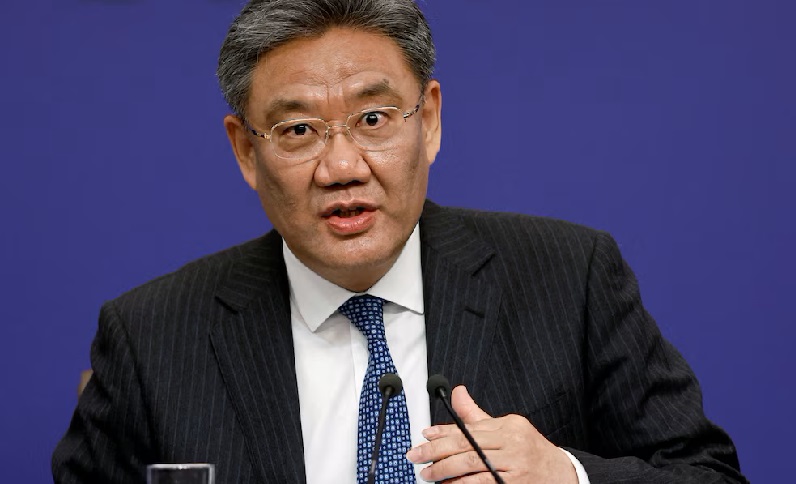China filed a complaint against the European Union (EU) on Monday through the World Trade Organization (WTO) dispute mechanism over tariffs imposed by the bloc on electric vehicles (EVs) from the Asian giant, which came into effect last week.
China’s Ministry of Commerce reported that the complaint aims to “safeguard the interests of developing the electric vehicle industry and global cooperation on ‘green transformation.’”
China had already appealed to the WTO dispute mechanism in August over the EU’s preliminary measures in response to subsidies received by Chinese electric car manufacturers, but this new complaint concerns the final decision to implement the tariffs.
“It is unfortunate to see the European side announce its final decision (…) despite numerous objections from relevant parties such as member state governments, industries, and public opinion,” the Ministry stated.
The new tariffs came into effect on 30th October, the same date on which the Ministry asserted that it “neither agrees with nor accepts” the Brussels decision, which the Chinese government claims “seriously” infringes WTO rules and lacks “objective and legal basis.”
The European authorities will impose a tariff of 35.3% on the Chinese manufacturer SAIC (including brands such as MG and Maxus), 18.8% on Geely, and 17% on BYD, for a maximum period of five years.
The measure will also affect Western companies producing in China, such as the American company Tesla, which will face a 7.8% tariff, while others that cooperated with the Commission during the investigation preceding the tariffs will face a 20.7% rate.
The EU took this step as it received sufficient support in a vote held by EU governments at the beginning of the month, despite the division among the Twenty-Seven: five countries opposed the tariffs (including Germany), ten supported them, and twelve abstained.
The Commission stated it would suspend the tariffs if an agreement with China is reached over the next five years but clarified that it would not cancel them, thereby allowing the EU to reinstate them should Beijing breach the potential agreement, without needing to seek approval from the Twenty-Seven again.
In retaliation, China has announced investigations in recent months into EU imports of brandy, dairy products, and pork.
This latest measure could be particularly detrimental to Spain, as it is the primary supplier of these goods to China.







